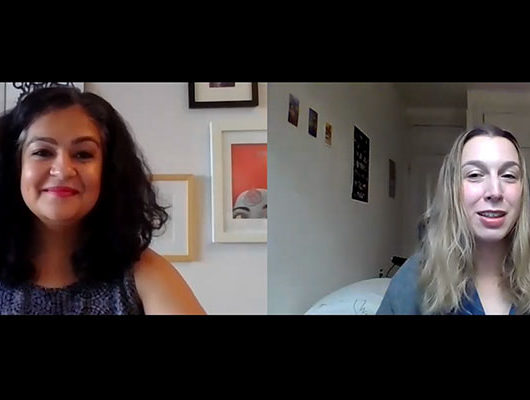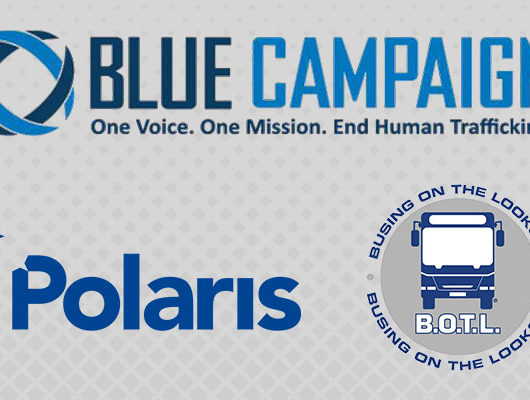An estimated 24.9 million people of all ages and backgrounds are trafficked around the world. Human trafficking exists in every community across the globe. As such, it is critical that the movement to end human trafficking—the use of force, fraud, or coercion to compel a person into commercial sex acts or labor against their will, as defined by U.S. law—be a global one.
Technology is a double-edged sword
July 30th is World Day Against Trafficking in Persons. This year’s theme is “use and abuse of technology.” The United Nations Office on Drugs and Crime (UNODC) describes technology as “a tool that can both enable and impede human trafficking.” The global expansion in the use of technology, heightened by Covid-19, has allowed traffickers more opportunities to recruit, exploit, and control victims. Through technology, traffickers can operate internationally with ease, particularly through social media and online platforms, and avoid getting caught. Traffickers also benefit from crisis situations, especially the desperation and chaos of women and children separated from their support systems.
At the same time, technology is a valuable tool for law enforcement, the criminal justice system, and others to fight human trafficking. It can aid investigations by exposing trafficking networks, assist prosecutions by providing digital evidence, and lend support services to human trafficking survivors. Sharing resources, like the UNODC’s internet safety tips, on how to use the internet and social media safely helps reduce the risk of people becoming victims of online trafficking.
Collaboration is key to ending human trafficking
As a global organization, The Association of Junior Leagues International (AJLI) has a long history of fighting to end human trafficking. For more than 15 years, Junior Leagues have joined forces with law enforcement, government officials, anti-trafficking organizations and other community change-makers to raise awareness about human trafficking, advocate for the passage of anti-trafficking legislation, and support survivors.
To-date, 50-plus Junior Leagues have joined the fight against human trafficking. League coalitions have worked to pass more than 25 different pieces of anti-trafficking legislation, primarily at the state and local level.
There’s more you can do to prevent and reduce human trafficking
In addition to raising awareness about World Day Against Trafficking in Persons, you can join the UNODC’s social media challenge to show your support for frontline workers committed to ending human trafficking. You can also read our blog post about the nonprofit organization Polaris—and even sign up for their free human trafficking training—to learn more about how you can prevent and reduce human trafficking.





